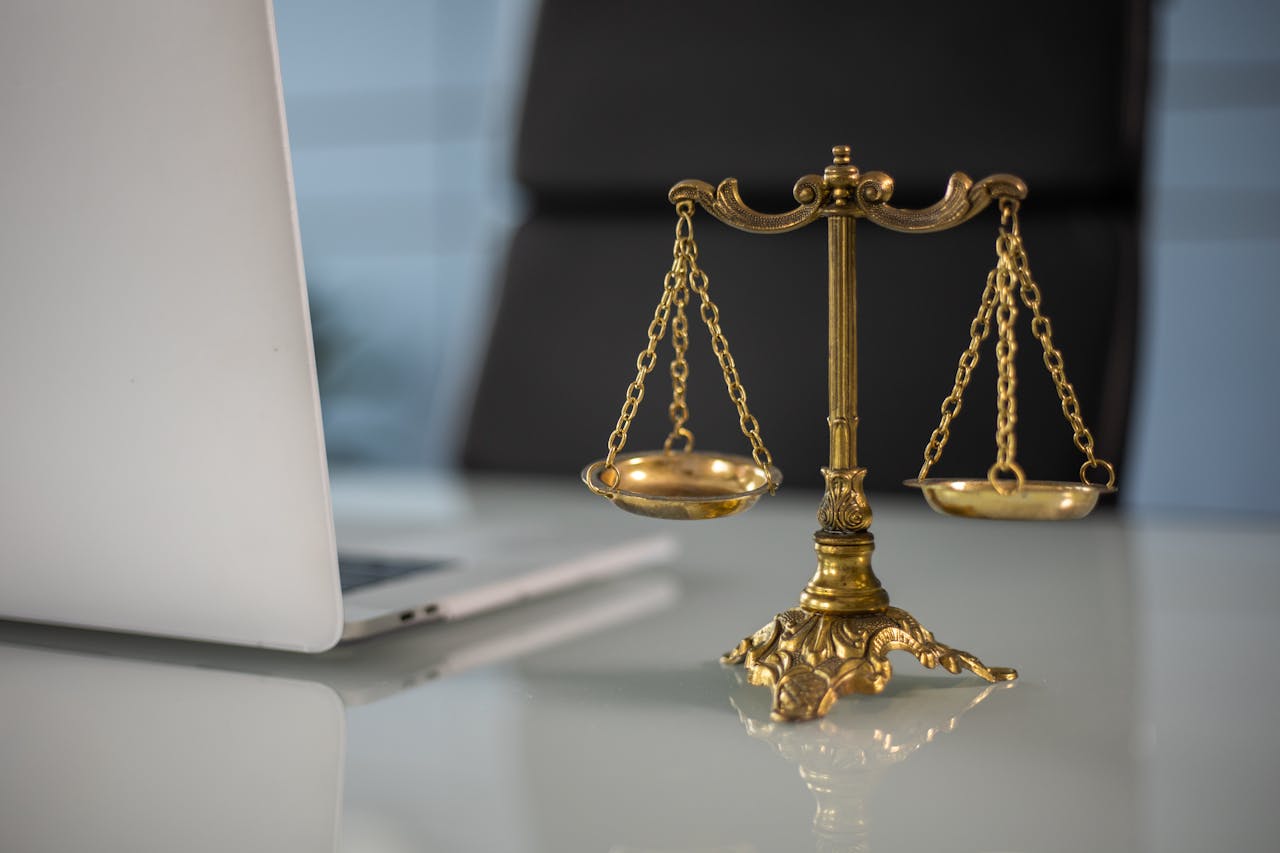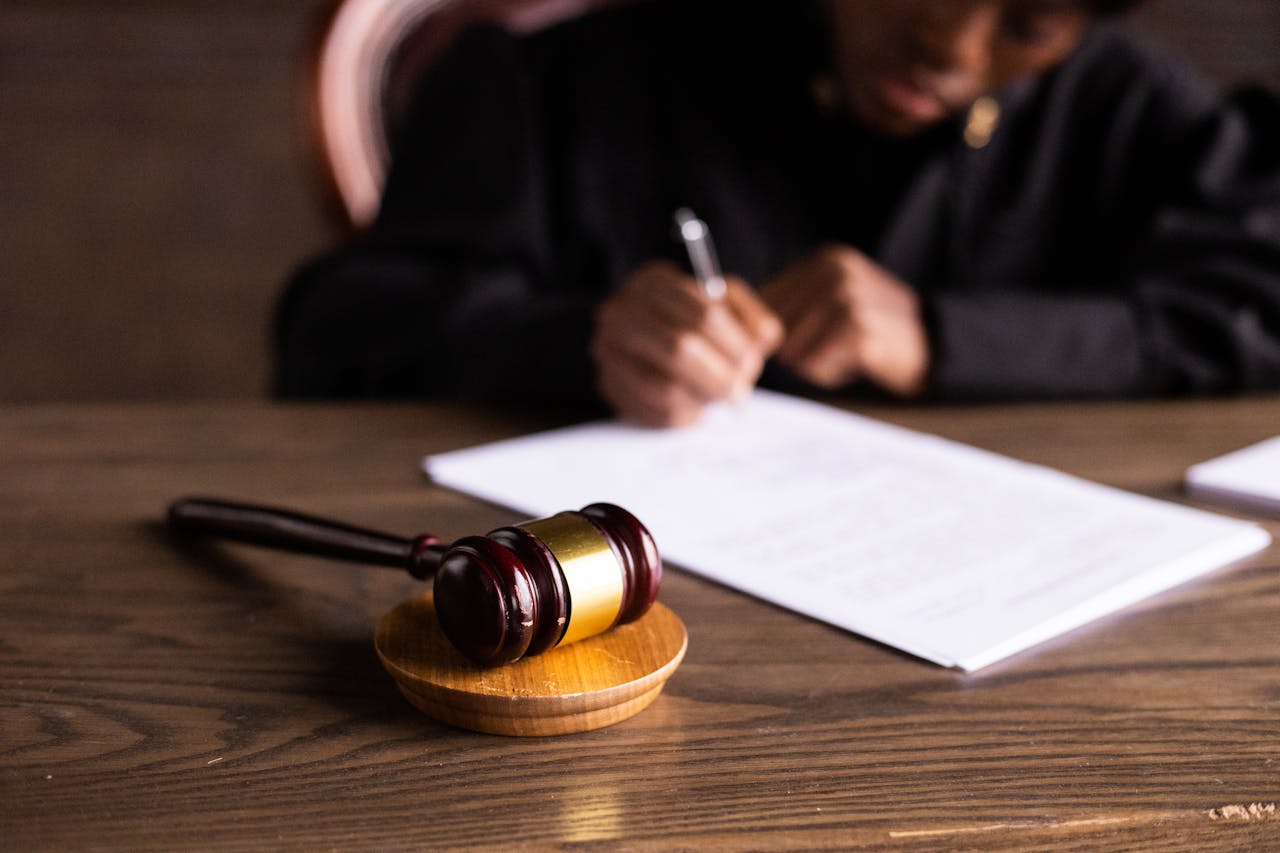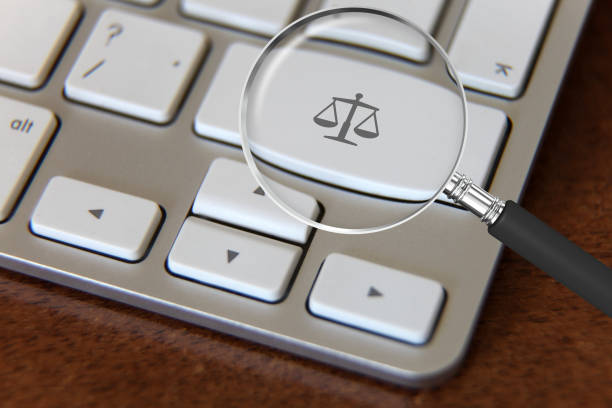Disposed Status in Court Case
Disposed Status in Court Case
In today’s digital world, the ancient science of Vedic astrology meets technology through tools like online marriage astrology calculators, offering clarity and cosmic predictions with just your date, time, and place of birth. But the real depth of prediction lies far beyond a calculator’s numerical result — it’s in the hands of a skilled astrologer who interprets your chart with intuition, scriptural wisdom, and cosmic observation. That’s where Nayku’s astrology services shine — providing precise, confidential, and personalized online marriage prediction sessions rooted in Vedic knowledge yet adapted for the modern digital seeker. This is not just about “when,” but why and how your marriage will unfold the way it does. Let’s uncover that cosmic mystery step by step.
Navigating the legal system isn’t easy—especially when you encounter phrases like “disposed status” in a court case. But understanding this term can clarify the next steps, reduce anxiety, and help you stay informed about your legal matters. In this guide, we dive into what disposed status means, why it's significant, and how to respond effectively. We'll also cover the variations, timelines, and what it finally means for you or your case.

What is “Disposed Status” in a Court Case?
A case marked as “disposed” signifies that it is formally closed or resolved by the court. It indicates that the court has reached a final decision, whether it was a dismissal, settlement, guilty plea, verdict, or another outcome. Disposition means the litigation has ended, and no further hearings or actions are scheduled.
Common Ways a Case Can Be Disposed
Cases can reach disposed status through different paths:
- Dismissal: The court or prosecution terminates the case before trial—e.g., "dismissed with prejudice" (can't be refiled) or "without prejudice" (can be refiled).
- Plea or Guilty Verdict: The defendant accepts responsibility, or the court issues a conviction.
- Not Guilty Verdict: The defendant is acquitted.
- Settlement or Agreement: Parties agree to terms (common in civil litigation), after which the court enters stipulated dismissal.
- Default Judgment: If one party fails to respond, the court may grant judgment in favor of the other.
- Withdrawn Charges: Prosecutors discontinue specific charges through a motion to withdraw.
Not sure what your case status means? Let Nayku help you interpret court records and understand your next legal steps.
Why It’s Important to Monitor Disposed Status
Knowing a case is disposed matters because:
- ✅ Legal Closure: You know exactly where things stand—no surprises, no pending dates.
- ✅ Planning Ahead: Whether it’s finalizing a divorce, settling finances, or updating your record, you can move forward confidently.
- ✅ Record Updates: Disposed cases are reflected in public records, background checks, and credit reports—for better or worse.
- ✅ New Legal Rights: A favorable outcome may restore rights, allow expungement, or prompt other post-trial motions.

Common Disposition Phrases & Their Meanings
Here’s a breakdown of typical status labels:
| Disposition Phrase | What It Means |
| Dismissed with prejudice | Case closed permanently—cannot be re-filed |
| Dismissed without prejudice | Case closed, but can be refiled later |
| Found not guilty | Acquittal—defendant cleared of charges |
| Plead guilty or plead nolo | Defendant accepted charge; case finalized |
| Case settled (civil) | Parties agreed; court dismissed the case |
| Case default dismissed/awarded | One party failed to respond or appear |
| Appeal filed after disposition | Indicates the case outcome is challenged |
Need help after your case is marked disposed? Nayku connects you with legal experts who can guide you through appeals, expungements, or enforcement.
What Disposed Status Doesn’t Mean
When a case is disposed, it doesn’t always mean:
- ✅ You’ve been acquitted or innocent—disposition just confirms closure, not outcome clarity.
- ✅ Proceedings are permanently over—you might appeal, or the case could be re-opened in rare instances.
- ✅ You'll get documents automatically—transcripts, judgments, and final orders typically need to be requested or downloaded separately.
Hearings, Appeals & Post-Disposition Actions
Even after a disposition, legal timelines continue:
- Appeal windows begin at the entry of final judgment—usually within 30–90 days.
- Post-trial motions (e.g. Motion for New Trial or Motion to Set Aside) can be filed prior to disposition or soon after.
- Judgment enforcement begins—creditors may pursue liens or garnishments once a judgment is final.
- Record sealing or expungement may be possible depending on the outcome and jurisdiction.
Don’t navigate court decisions alone. At Nayku, we simplify legal terms and connect you with trusted professionals for post-case advice.
How to Check Disposition for Your Case
You can verify whether a case is disposed by:
Online Court Records: Many jurisdiction websites allow name or case number searches.
Contacting the clerk: A phone call or visit to the clerk’s office can confirm status and provide documentation.
Hiring a legal service: Lawyers or paralegals can track status and pull vital documents for a fee.

What You Should Do After Your Case is Marked Disposed
If your case shows disposed status, consider these next steps:
- Request a final order or judgment—this is your proof of resolution.
- Check if an appeal was filed—make sure you are aware of any new filings.
- Explore record sealing or expungement, especially after acquittals or juvenile cases.
- Take care of obligations—pay fines, set up payment plans, or transfer titles as directed in court orders.
- Update third parties— employers, licensing boards, schools may need final documentation.
- Store and share—maintain official copies and share them with relevant parties (e.g., landlords, HR, schools).
Confused by “disposed” or unclear court terminology? Visit Nayku for straight answers and reliable legal assistance—fast.
FAQs on Disposed Status
Q: Does disposition mean the timeline for appeals has closed?
Not immediately—after a final judgment is filed. Appeal windows are then triggered.
Q: If my case says ‘disposed’, can I still go to court?
Only under limited circumstances: appeal, post-judgment motions, or exceptional re-openings.
Q: Who marks a case as disposed?
The court clerk updates the official record once final judgment or closure documentation is filed.
Q: How long does disposal take after a verdict or settlement?
Typically within a few days to a few weeks, depending on the clerk's backlog.
Your case may be closed—but your legal journey might not be. Nayku’s platform helps you take the right next steps, from record sealing to appeals.

Final Thoughts on Disposed Status
A disposed case means a legal chapter has closed—but not necessarily that everything you need to do is finished. Whether paying fines, filing appeals, or sealing records, action may still be required. Staying proactive ensures you reap the benefits of a favorable outcome or complete your obligations after an adverse ruling.
Related Articles

Find Best Online Lawyers in Bhopal Near Me
Find the best online lawyers in Bhopal near you for instant legal consultation, expert guidance, and...
Read More
Experienced Lawyers Online Legal Consultations In Bhopal
Connect with experienced lawyers in Bhopal for online legal consultations. Get reliable advice and s...
Read More
Get Professional Advice From Best Lawyers in Bhopal
Find top-rated lawyers in Bhopal offering expert legal advice. Get solutions for family, property, b...
Read More
